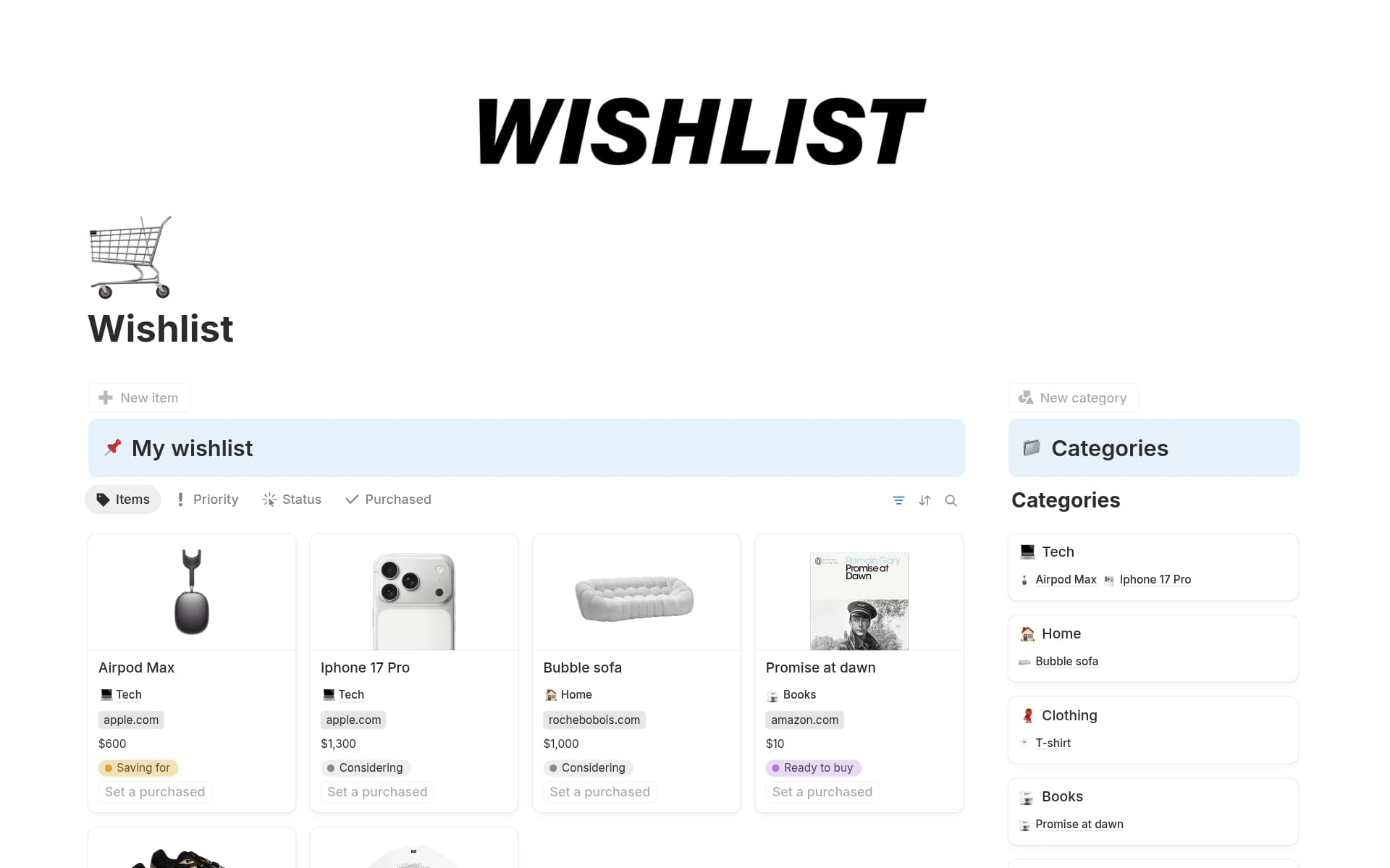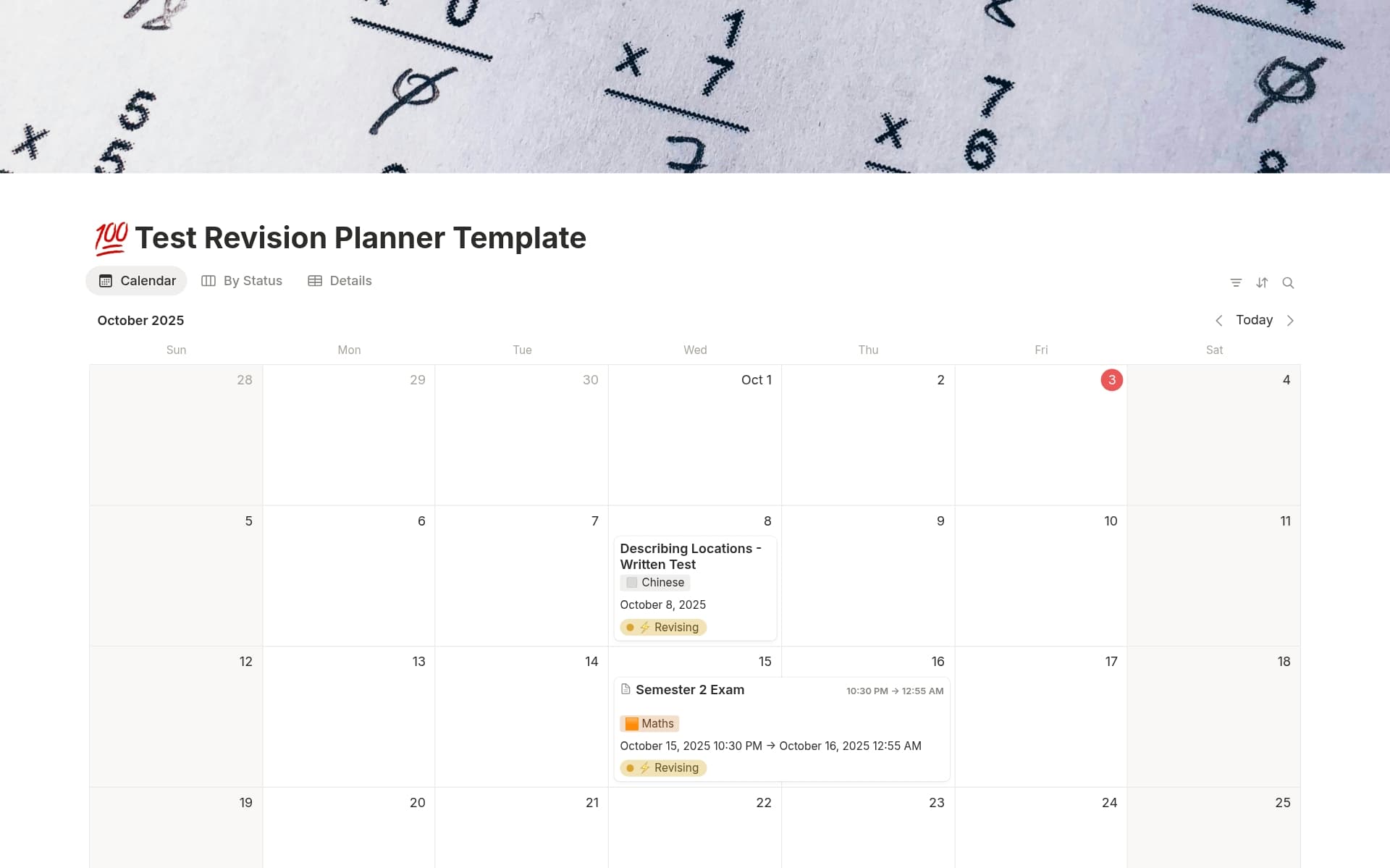An Interview Guide is a key tool for recruiters, offering a structured approach for assessing candidates effectively. It ensures consistency in the interview process, enabling hiring teams to evaluate applicants fairly based on predetermined criteria. An Interview Guide template can simplify creating this structure, providing a comprehensive framework that can be customized to fit various roles and requirements.
Before crafting your own Interview Guide, explore the templates mentioned below to streamline the process.
What Should Interview Guide Templates Include?
Choosing the right Interview Guide Template can streamline the recruitment process and enhance the quality of your interviews. Here are key components to look for in an effective template:
Structured Interview Questions: Ensure the template includes a variety of questions that cover both technical skills and behavioral traits. This helps in assessing candidates comprehensively.
Candidate Evaluation Scale: A good template should have a predefined scale for rating candidates. This standardizes evaluations and makes comparisons between candidates easier.
Section for Interviewer Notes: Space for notes allows interviewers to jot down observations and impressions during the interview, which can be crucial for later discussions and decisions.
Follow-up Questions: Templates should include a section for potential follow-up questions to probe deeper into responses, ensuring a thorough understanding of the candidate's capabilities and fit.
Selecting a comprehensive Interview Guide Template equipped with these features will significantly benefit your recruitment efforts, ensuring a smoother and more effective interviewing process.
What Should Interview Guide Templates Avoid?
Choosing the right interview guide template is crucial for streamlining the recruitment process effectively. However, certain elements can detract from the template's utility. Here are three key components to avoid:
Overly Complex Questions: Avoid templates that include questions that are too intricate or technical. These can confuse candidates and may not yield useful information about their suitability for the role.
Irrelevant Sections: Steer clear of templates that contain sections irrelevant to the job role. This can lead to longer, less productive interviews and distract from assessing the candidate's relevant skills.
Rigid Structure: Avoid templates that do not allow customization. Flexibility in an interview guide is essential to tailor questions that best fit the specific position and the company's culture.
Remember, a good interview guide template should be clear, relevant, and adaptable, helping you focus on finding the right candidate efficiently.




